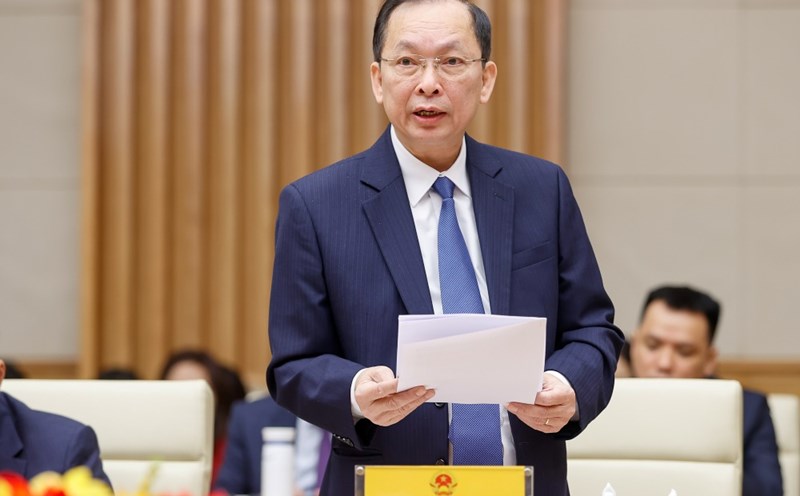According to Politico, this initiative received a new motivation after a series of attacks on the Baltic cable and telecommunications system, including suspected Russian cases.
Officials from Finland, Estonia, Lithuania and Latvia are considering the three -pointed three -nose strategy to suppress Russia's spleen spleen activities as well as enhance regional security.
A plan being discussed is to propose arrest of ships that are considered to be at risk of the environment, such as ships at risk of oil spill.
Another idea is to use the anti -pirate law to appropriate suspected ships that threaten important infrastructure under the sea.
If all the ways fail, countries consider the promulgation of new national law to make the arrest of ships farther away from the sea easier. These measures may include requiring oil -carrying ships in the Baltic Sea to use reputable insurance companies designated by countries in the region.
Although Russia's oil is suffering from harsh sanctions, Moscow is said to still circumvent the law by using the "dark" fleet to transport oil to the world. Oil and gas revenue accounts for about 50% of the Russian budget, helping the country to sponsor conflicts in Ukraine.
Foreign Minister Estonia Margus Tsahkna revealed: "Nearly 50% of Russian oil is punished through the Finnish Bay."
Last year, up to 348 ships of "darkness" came from Baltic ports, equivalent to 40% of Russian oil exports, a number equal to about one third of Moscow's defense budget.
However, new plans will not be easily implemented. Foreign Minister Margus Tsahkna said: “There are environmental threats, there are attacks on our underwater infrastructure. Now the question is ... What can we do with these ships? We cannot block the entire sea, but we can control more ... there are many opportunities. "
According to maritime experts and lawyers, the difficulties include legal retaliation from Russia, high financial and logistics costs, which means to navigate complex global shipping laws.
"We must coordinate, we must agree on how to make these Conventions" - Foreign Minister Tsahkna noted.











